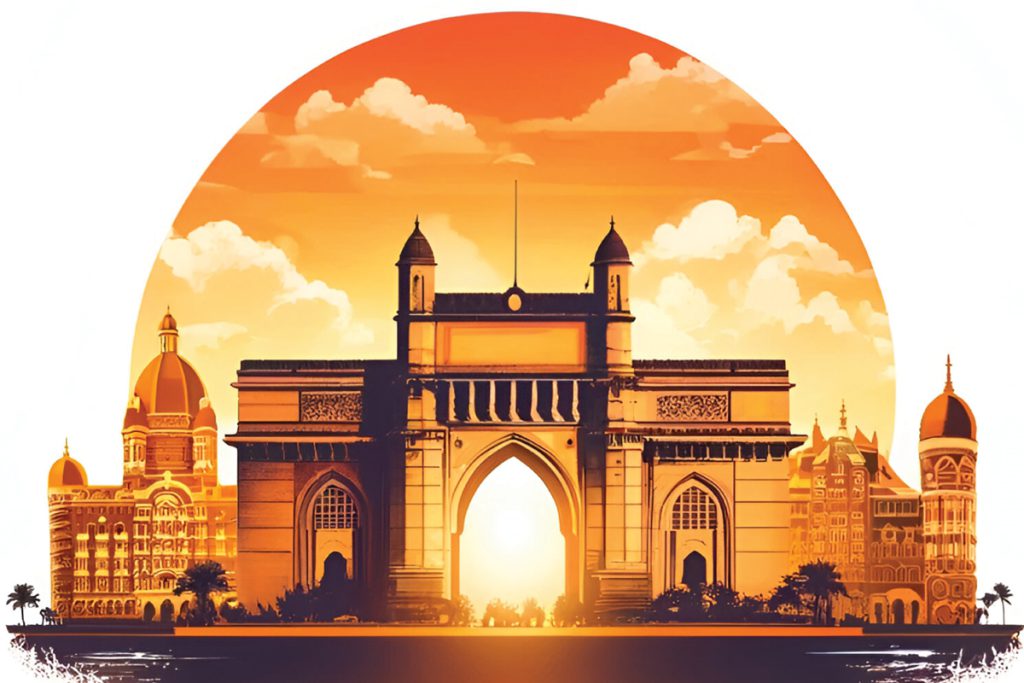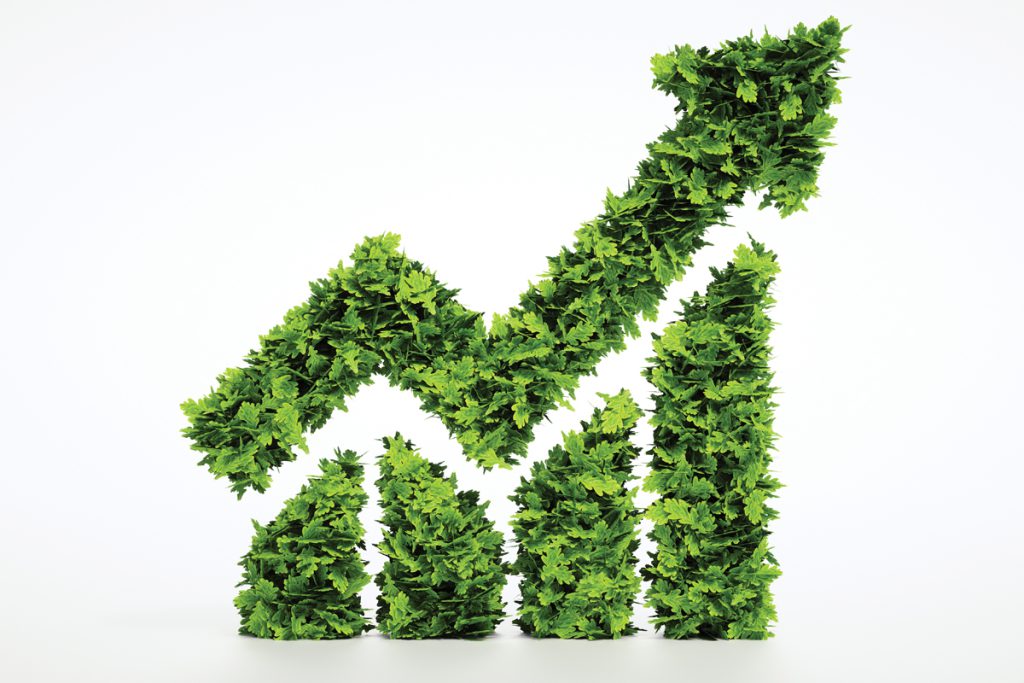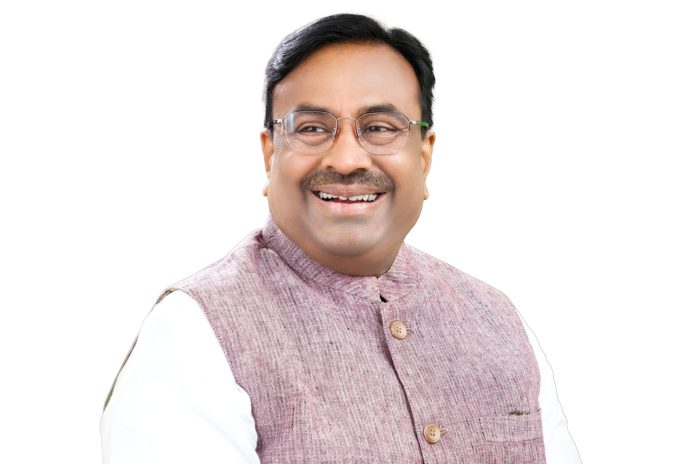Words by Neeraj Tiwari
In an exclusive conversation, veteran leader and former Maharashtra Cabinet Minister Shri Sudhir Mungantiwar shares his vision for a progressive yet culturally rooted Maharashtra. At a time when the state stands at a pivotal crossroads, Mungantiwar delves into how Maharashtra can harmoniously balance tradition with transformation. From infrastructure and environmental sustainability to cultural preservation and youth engagement, he outlines the key priorities that will shape the state’s path forward.

How do you see Maharashtra’s position in the current socio-political landscape?
Maharashtra is uniquely placed in the Indian context. It is both a symbol of aspiration and a center of immense influence, thanks in large part to Mumbai—our financial capital and a global city. However, this position also brings immense responsibility. The state must now walk a fine line: pushing forward on the path of progress while carefully preserving its deep-rooted cultural legacy. The challenges are multifaceted—urban-rural disparities, unemployment, environmental degradation, and maintaining social harmony. But within these challenges lie opportunities to build a Maharashtra that is equitable, inclusive, and forward-looking.
Infrastructure development remains a top priority. What is your vision for Maharashtra in this regard?
Infrastructure is the foundation of any modern state’s growth. But we must move beyond conventional models and embrace a smarter, more sustainable vision. This includes better roads, efficient public transport systems, seamless digital connectivity, and urban spaces designed with long-term sustainability in mind. For Maharashtra to remain competitive, our infrastructure must not only support today’s population but also anticipate future needs. Our focus should be on green buildings, resilient public utilities, and integrated logistics, aligning closely with India’s larger infrastructure push through initiatives like Gati Shakti.

With growing environmental concerns, how can Maharashtra emerge as a leader in sustainability?
Environmental conservation isn’t a separate agenda—it must be woven into every development plan we make. Maharashtra, with its vast forests, coastline, and biodiversity, can lead by example. We need aggressive afforestation drives, wildlife protection initiatives, pollution mitigation strategies, and stronger enforcement of environmental norms. Equally important is the adoption of green technology in industries and governance. Whether it’s promoting electric vehicles or sustainable tourism, Maharashtra must show that economic growth and ecological responsibility can go hand in hand.
How do you ensure that cultural identity remains a core part of governance in a rapidly modernizing state?
Culture is the soul of Maharashtra. Our governance approach must reflect this by actively preserving and promoting our diverse cultural heritage. This means investing in local art forms, languages, festivals, and traditions—making sure they are not just remembered but lived. But cultural pride should not be confused with resistance to change. In fact, when culture is allowed to evolve, it becomes a bridge to modernity. For example, including traditional knowledge in health or education systems can offer holistic solutions while keeping our identity intact.
What message would you like to share with the youth who are shaping Maharashtra’s future?
To the youth, I say: your energy and innovation are Maharashtra’s greatest assets. But in your pursuit of success, never lose sight of your roots. Our state needs young minds who are both globally competitive and culturally grounded. Be active in civic life, contribute to your communities, uphold integrity, and never stop learning. This combination of tradition and ambition will build a Maharashtra that not only competes on the world stage but also remains true to its values.


